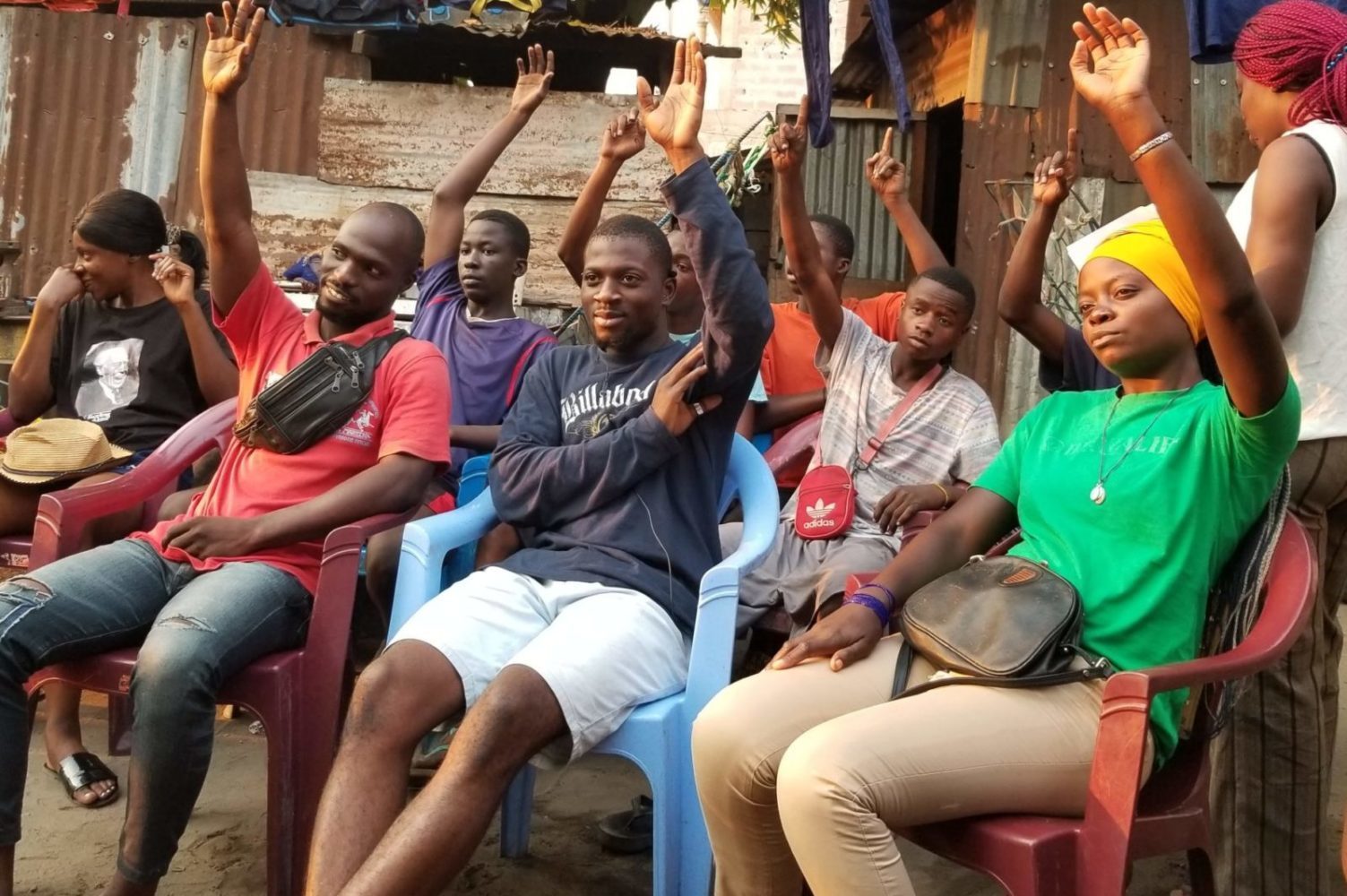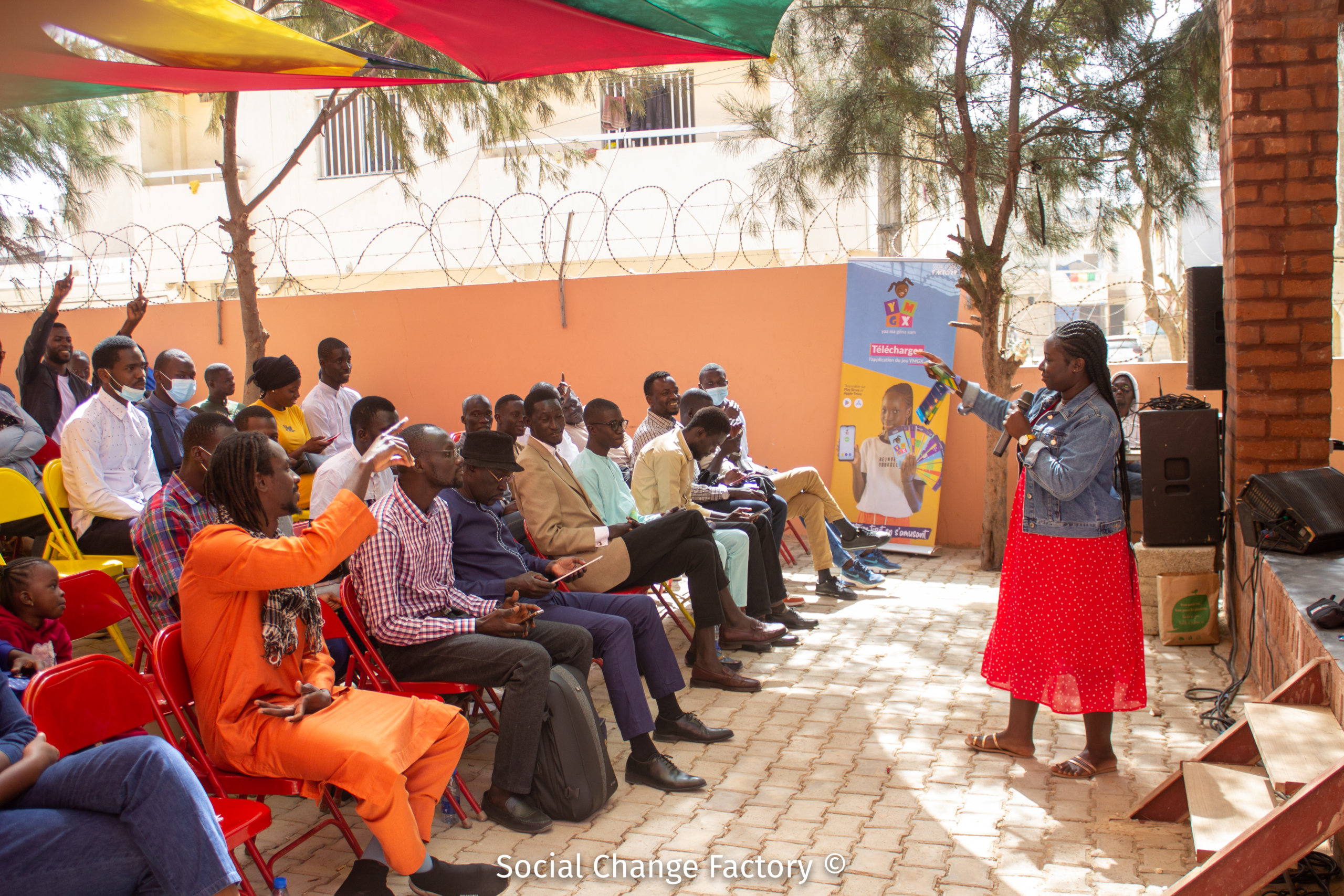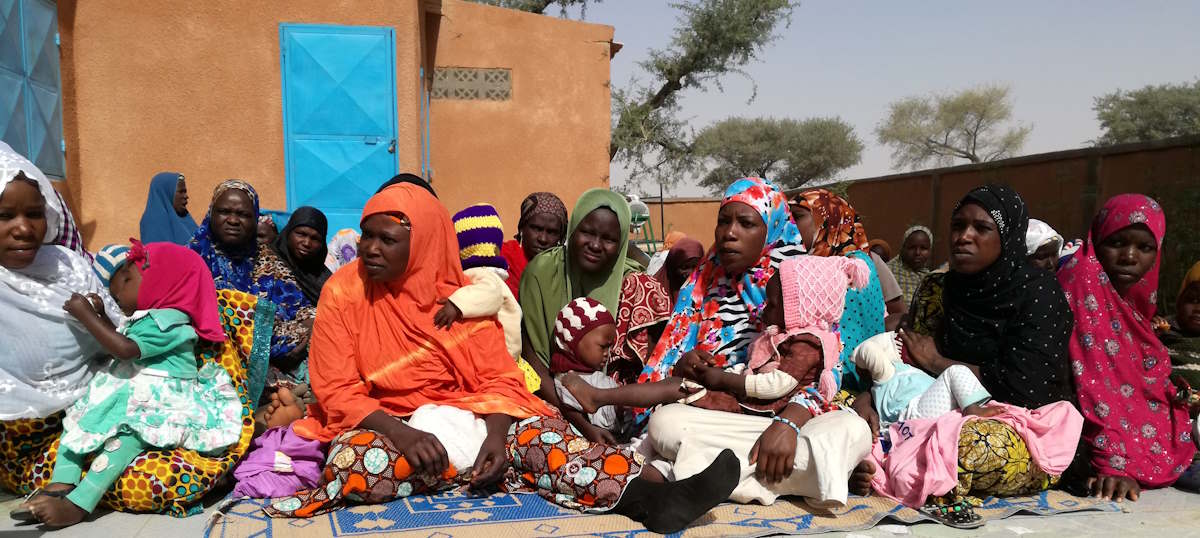By Camille Paquet, Youth training and integration programme manager at GRET
Are young people, as some people would have us believe, individualists, irresponsible, lazy, inexperienced, or even dangerous for society? Or, on the contrary, are they a source of creativity, innovation, dynamism, hope, and vectors of change? A multitude of often paradoxical preconceived ideas circulate about young people. In reality, young people do not make up a homogenous group and they evolve in very different cultural, social and economic contexts.
What do we mean by “youth”?
A phase of transition between childhood and adulthood, during which the acquisition of autonomy takes place through a process of socialisation within one’s family and community group. Each young person’s experience is unique. Young people do not have equal ease of access to characteristics and resources attributing a role, a place and skills that are valorised in their social environment. Searching for decent employment is still a major challenge. And limited access to essential services (education, healthcare, housing, food) makes them particularly vulnerable. The Covid-19 pandemic revealed and exacerbated challenges: long interruptions in training, loss of employment, affects on mental health, and reduced development of socio-emotional skills. Against a backdrop of gerontocratic social norms, young people often have no say. In their private sphere, they sometimes even have no influence over decisions impacting their life trajectories: academic and vocational orientation, marriage, etc. In the public sphere, where they are poorly represented, their preoccupations are not taken into account by decision-makers.
Young people are defined by States and institutions based on a criteria of biological age. But this varies according to countries and institutions. There is no real consensus. The African Union takes a broad view: all people aged between 15 and 35 ans. In France, the view is narrower: 18 to 29, according to the French National Institute of Statistics and Economic Studies. For the UN, young people are those aged between 15 and 24. Yet, it is crucial to define “youth” as a process of transition towards empowerment and integration in society as an “adult”, to consider its heterogeneity and understand interactions with other power relationships (gender, class, etc.).
Why is it essential to work with young people?
The demographic observation is clear: in 2023, the proportion of under 30 year-olds in the world population reached 50 %[1]. Their preponderant demographic weight should, however, be the subject of differentiated analysis at regional level. In Latin America, Europe, North America and Oceania, youth populations have stabilised and should evolve little in the coming years. In Asia, following fast constant growth during the second half of the 20th century, their numbers have been decreasing since 2015. This continent should nevertheless continue to have the largest number in the world until 2080. Africa is experiencing rapid growth of its population of 15-24 year-olds, which is predicted to double by 2050. The proportion of under 30s in Africa accounts for 70 % of the population, i.e. the largest in the world.
How, therefore, can young people be better taken into account, as in Senegal, where the median age of the population is 19? How to work with them? How do development operators, such as GRET, contribute to changing approaches to youth issues? The question is increasingly present on the agenda of national and international public policies. The UN, which set up a world programme of action for youth, recognises their crucial role in the achievement of the sustainable development goals, and organises the annual World Youth Forum. In Europe, dialogue conducted with young people in 2017 and 2018 fed into the development of the 2019-2027 European Union Youth Strategy. In France, all youth-focused public policies transit through the Council for the orientation of youth policy, set up in 2016. The African Union also has a “youth” strategy. And despite this, in policy development and monitoring processes, and in development projects, young people are often confined to a role of simple beneficiaries of public action or development actions.
Strengthening young people’s power to act
GRET and its partners in the JADE programme[2] (Young people as stakeholders in the future) are convinced that young people really need to be included not just in development projects, but also in decision-making bodies, international solidarity organisations and civil society. Since 2020, they have been testing new methods of support through this programme. The idea is to strengthen young people’s power to act individually and collectively so that they can become agents of their own development and that of their territories. Rather than being based on the classic “guidance-training-integration” continuum, GRET is developing an overall approach to integration, taking account of the social, civic, environmental and climate dimensions of integration.
In Guinea, Senegal and Haiti, GRET is providing technical and financial support to initiatives led by youth organisations or groups of young people. In Senegal, it is supporting the training of a young citizen reporters network. The systems implemented by GRET are also strengthening young people’s power to act individually, enabling them to have access to the relevant information necessary to make informed decisions, and strengthen their technical capacities andsoft skills. GRET is also raising young people’s awareness on the consequences of climate change and the decisive role they can play in ecological transition. This is particularly the case in Senegal, where young people participated in activities on this subject area in vocational training centres. GRET is also implementing innovative mechanisms for intergenerational dialogue in communities, for example in Mali, with the creation of “village committees to support young apprentices”.
Lastly, GRET places “youth” at the core of its organisation. Through awareness-raising and training of its teams, knowledge production activities, and the implementation of operational tools, the subject has become a cross-cutting theme in its actions at institutional level and in the field.
[1] Source: World Bank database
[2] Co-funded by Agence française de développement (AFD)






